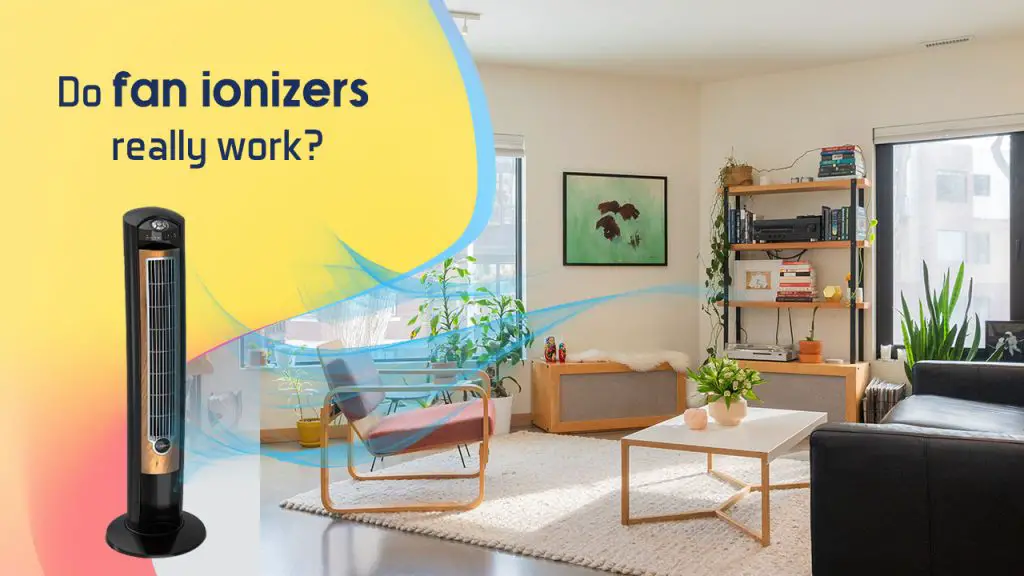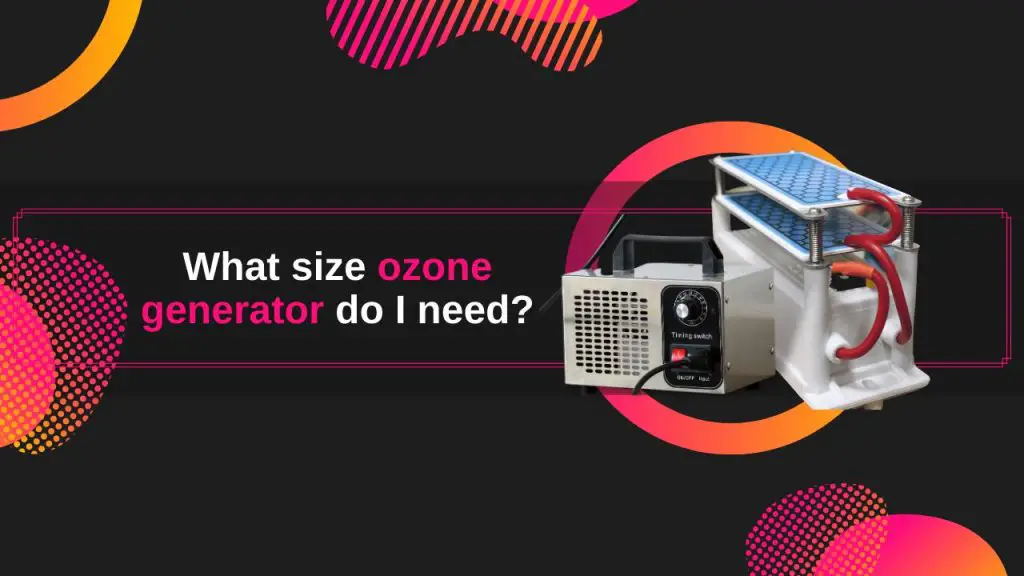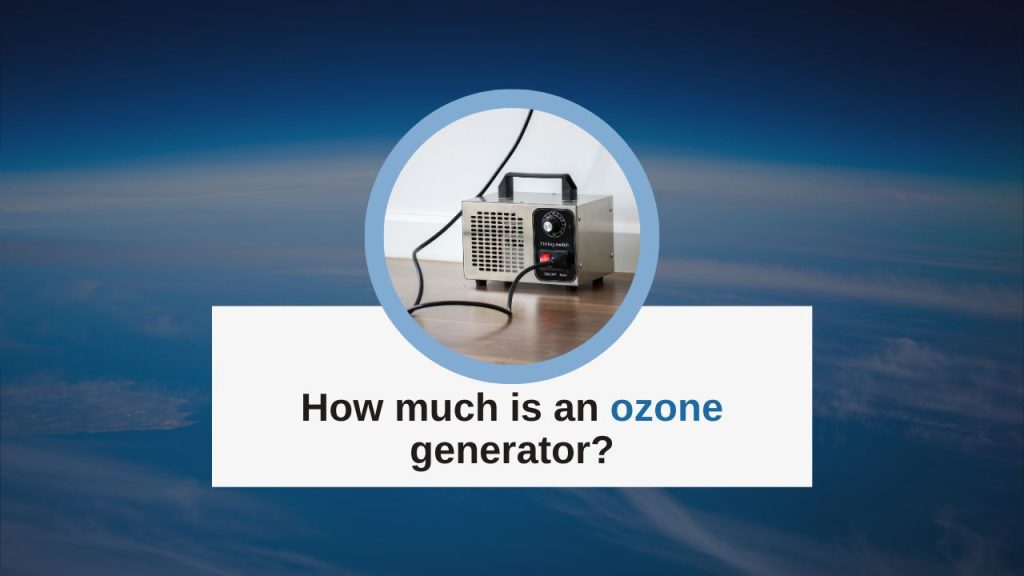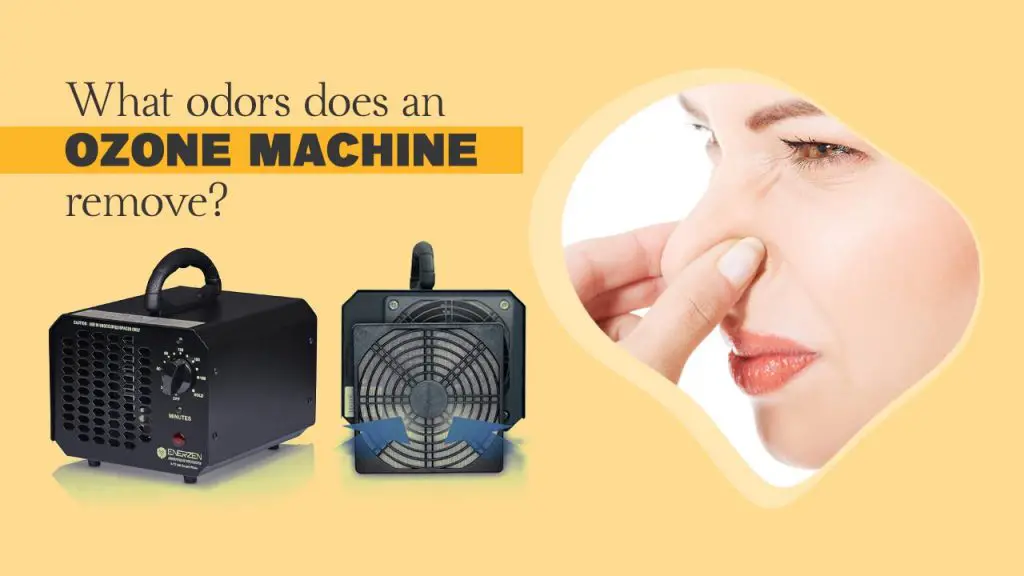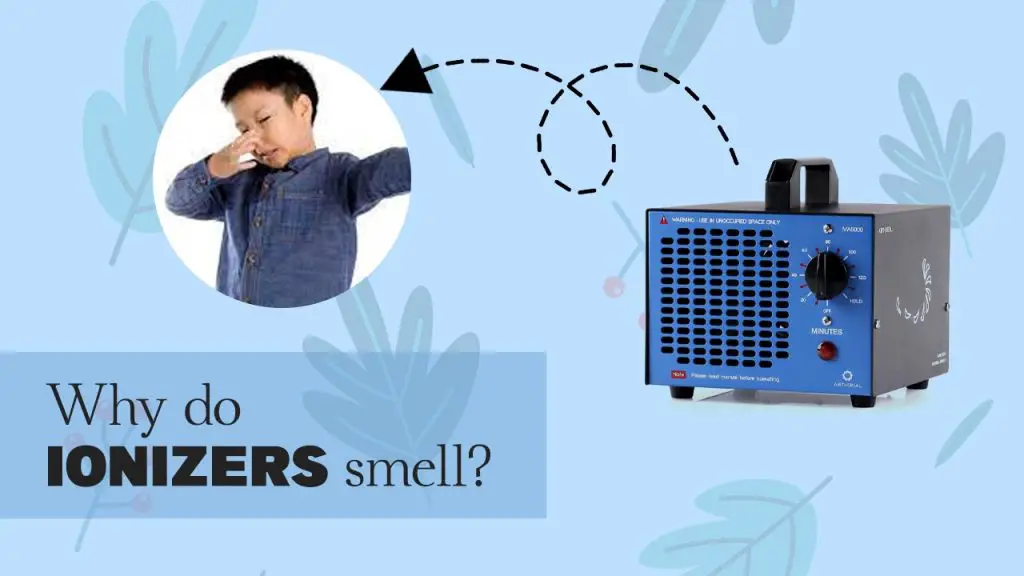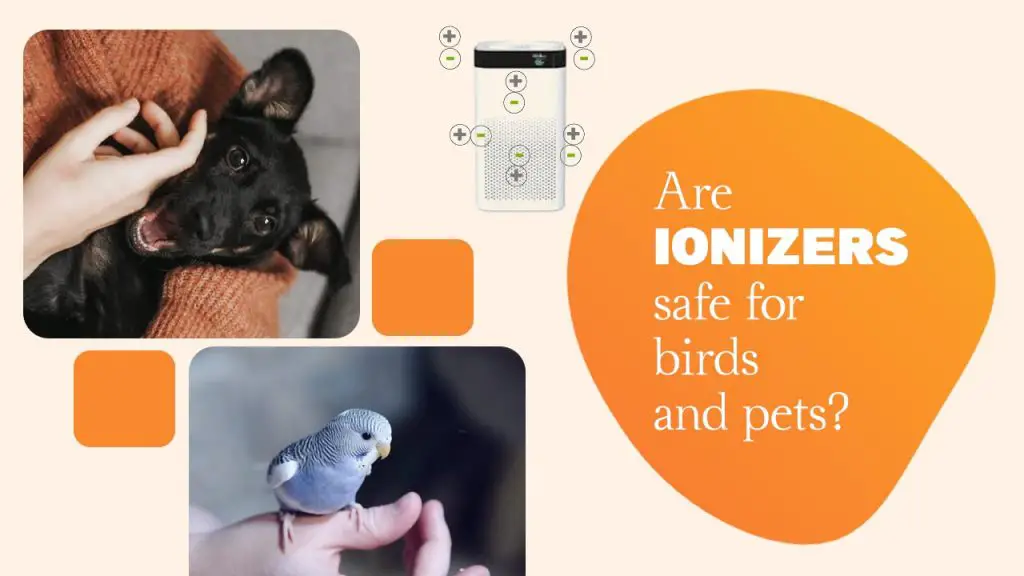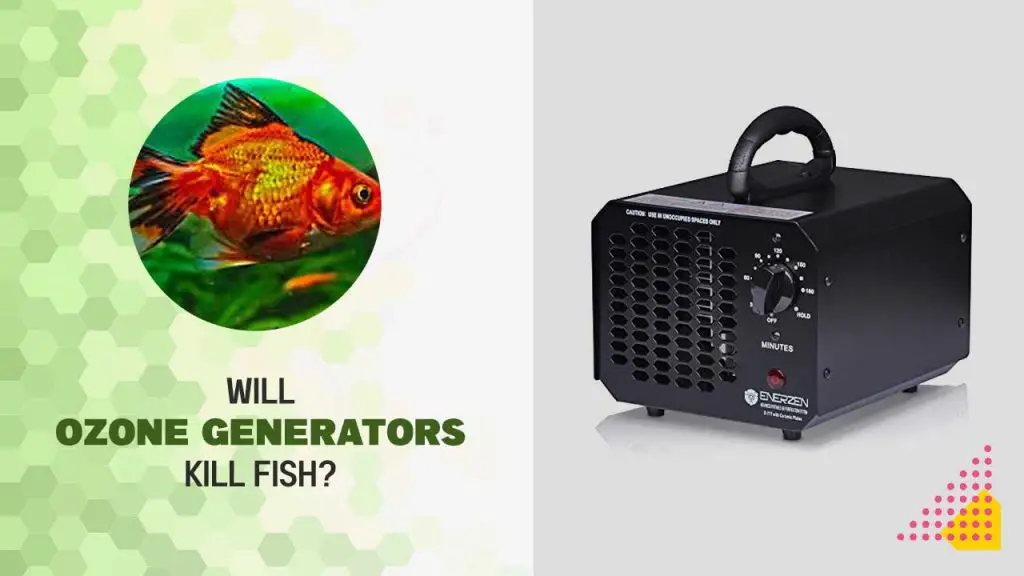When summer comes really tough and the heat burns on a weekday, all we want to do are get home, take a shower and just cool off on the couch with the fan set at full speed.
Sometimes, however, we have to deal with pollutants that make breathing difficult. This is why some fans feature an ionizer feature to release negative ions into the air and get rid of particles like dust, mite etc., and generally freshen up your room.
But there have often been questions around the effectiveness of fan ionizers and the opinions are mixed. While some believe ionizers are pretty much what you need to achieve clean indoor air, others tend to see such claims as flimsy.
If you have such questions, you’re definitely in the right place, and we’ll answer all those questions that have bothered you for a while. Let’s get right to it then.
What Does Ion Mean on A Fan?
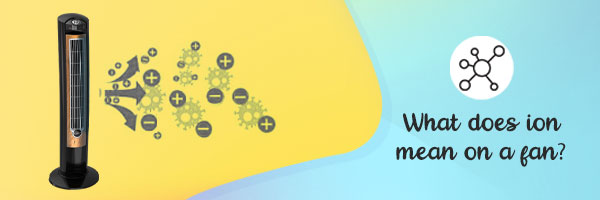
Literally, an ion on a fan means the fan has the capacity to release negative ions into the air for purification purposes. What a negative ion does is to attach itself to airborne particles, charging them electrically until they become too heavy to float.
These particles then collect on your floor and surfaces which can be cleaned up. With airborne particles, it becomes difficult to breathe properly in your home because the air is contaminated. This can cause severe irritation, aggravate asthma or cause some other respiratory illnesses.
Some studies have shown that negative ions are not only effective at removing particles, mold and some microorganisms from the air, but they also serve as effective mood boosters and vibe builders.
With this feature, your fan begins to perform two functions; cooling the air and cleaning it too. What this also means is, you may not need to spend extra finance on an air purifier, unless indoor air pollution is at uncontrollable levels and your ionizing fan can’t do it alone.
Do Fan Ionizers Really Work?
It all comes down to the product’s quality, really. If you buy a good product, you’ll get some results, but a bad product will be really disappointing. There are mixed responses regarding fan ionizers.
The skepticism often drives people to debate whether buying a fan ionizer is a worthy investment or a complete waste of their resources. Even the science to support this is not one-sided.
There are still some experts who believe these fans offer no benefits. However, we have seen some users attest to the fact that fan ionizers work.
This is why getting a strong ionizer is the smart move to make. There are quite a number of products out there, but be sure to pick the one with very positive ratings, great user feedback and desirable features.
Lasko is one good brand and their 42″ Oscillating fan with Air Ionizer is a good choice.
But don’t take our word for it; do your own research and make sure the product you choose offers user satisfaction based on verified user feedback. This is how you’ll get a product with the ability to remove the maximum amount of pollen, dust and dander.
Are Fans with Ionizers Safe?
Safety is a major concern when people hear the word ionizer. People are often worried about how safe it is to inhale negative ions, and the thousands of misleading information on the Web doesn’t help matters at all.
Truth is, ionizing fans in themselves are completely safe because negative ions are safe and even considered useful for removing allergies and boosting your mood.
In fact, it is important to note that negative ions are everywhere around us. They are the result of interactions between the air and energy sources.
However, this doesn’t entirely let you off the hook. Whether or not your fan ionizer is safe depends on whether or not your fan ionizer supports ozone generation. And if yes, is there a provision to control how much ozone is released.
Ozone, when released in excess and inhaled, can lead to severe symptoms like chest pain, shortness of breath, coughing, soreness in the throat, and several other respiratory infections.
Just be sure to choose a fan ionizer that doesn’t support ozone generation. However, if you already own an ozone-generating fan, be sure to always set it on low to keep ozone at harmless levels.
If you own an ozone-generating fan without a means of controlling amounts of ozone released, you’d be better off without it. An ozone generator without control is very risky and is dangerous to use.
Pros and Cons of Fan Ionizers
Fan Ionizers have been found to be truly effective at removing small particles in the air. This includes particles that even particulate filters tend to miss. This is, perhaps, why they are a popular appliance in many homes.
Pros of Fan Ionizers
Here are some of the many benefits of using fan ionizers;
- They can inhibit the growth and spread of mold, bacteria and even different types of viruses.
- The ozone released by negative ions is also quite effective against SARS viruses and may have an effect against SARS-CoV-2, according to a 2018 study.
- Negative ions are also known to be effective stress relievers.
- Sleeping patterns can also be effectively regulated by ionizers due to the effect they have in the air.
- The immune system is another area of benefit, as negative ions can èffectively boost one’s immune system and increase its function, according to Healthline.
- Just to emphasize, negative ions are also touted by experts to be effective mood boosters.
Cons of Fan Ionizers
On the flip side, there are some disadvantages of using a fan ionizer. They include;
- Ozone emission is, perhaps, the biggest downside as far as ionizers are concerned because it has to do with safety. Even though ozone can help remove microorganisms in the air, it will also irritate your throat and lungs if inhaled, leading to short-term and long-term respiratory issues and infections.
- It’s difficult for ionizers to remove large particles like dander and pollen, because they are only highly effective at removing smaller particles. This renders them ineffective against allergies and asthma.
- Odors and gases, such as Volatile Organic Compounds (VOCs) cannot be destroyed by ionizers. So, when you have such VOCs from paints and adhesives, you’d need other kinds of air filters like activated carbon to clean the room.
Final Words:
So, do fan ionizers really work? The answer is Yes. As long as you purchase a non ozone-generating ionizer or one whose ozone output can be controlled, you shouldn’t have any problems at all.
Having a fan ionizer or ionizing fan offers you the luxury of two broad benefits, including making your air cool and comfortable for living and the air Pure and healthy for breathing.
| Photo | Title | Buy |
|---|---|---|

|
LEVOIT Air Purifier for Home & Bedroom - For Allergies and Pets Hair | Check Price On Amazon |

|
BREEZOME 60 OZ Quiet Dehumidifiers for Home, Dual-Semiconductor | Check Price On Amazon |
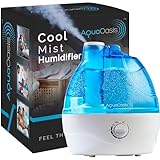
|
AquaOasis™ Cool Mist Quiet Ultrasonic Humidifier for Bedroom & Large room | Check Price On Amazon |

|
43.3'' Portable Air Conditioners, 3-IN-1 Evaporative Air Cooler w/Remote | Check Price On Amazon |

|
BlueDri BD-AS-550-BL Negative Machine Airbourne Cleaner HEPA Air Scrubber | Check Price On Amazon |

|
Space Heater, VCK 24" 12ft/s Fast Quiet Heating Portable Electric Heater | Check Price On Amazon |
